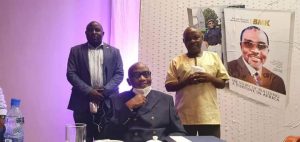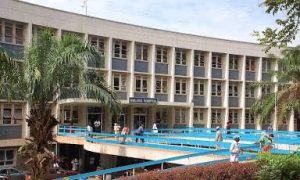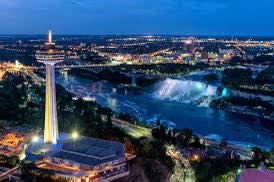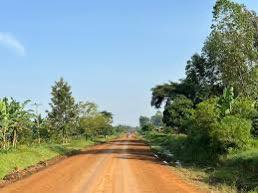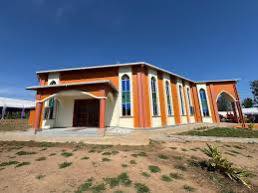By Denis Jjuuko
On the Sunday, a few hours before Dr Hajj Bulaimu Muwanga Kibirige, popularly known as BMK after his eponymous group, was buried at the ‘public’ Muslim cemetery he created in Nkoowe near Wakiso town, I was at Hotel Africana in Kampala. Unlike many Ugandan businesses and even government offices where everything stops because the owner or even some public servant has died, you could hardly tell that it was the day of BMK’s burial.
There was a somber mood alright but you could only tell if you knew what was going on. The rest of the business was operating normally. For somebody who simply booked a hotel room and didn’t know anything about the owner, it was business as usual.
There are a lot of studies about Ugandan businesses not celebrating their 5th anniversaries, but perhaps not as much of what happens when the owners die. Many Ugandan businesses some even richer than BMK run their empires from their pockets. No proper systems for continuity. When the owner dies, the business dies too. It is too early to tell for the BMK Group but I bet it won’t collapse.
Dr BMK was diagnosed with aggressive prostate cancer in 2015 and since then, he largely concentrated on fighting for his life, leaving his empire to siblings, spouses, offspring and managers to run. On Sunday, as he was being buried in Nkoowe, the hotel was functioning like nothing had happened. That is one of the key lessons for Ugandan entrepreneurs. The BMK Group never failed to meet its obligations because its founder was indisposed battling a terminal disease that eventually claimed his life a few weeks to his 68th birthday. Ugandan entrepreneurs must think beyond themselves by creating systems that can outlast them.
There are many lessons for those who want to be the next BMKs. One of the key lessons that was the foundation of his success is a lesson he got from his late father, Hajj Ali Kibirige, in whose tutelage he learnt the ropes of business before he branched out on his own. Dr BMK’s father, a coffee trader and restaurateur in Masaka, repeatedly told him that although he owned the business, capital didn’t belong to him. It belonged to the business and, therefore, since capital didn’t belong to him, he should never touch it. He should instead devise ways of accumulating more of it.
It is a lesson BMK never forgot. He was a generous man but you never found him throwing money around. “If you don’t respect money, it won’t respect you too,” he used to say. He also didn’t live luxuriously even though he could afford to live like a Saudi prince. The houses he lived in were nice but they were not mega mansions like some of those I see today built by people with an eighth of his wealth.
He went where nobody ventured before. Started the motorcycle bodaboda industry that is employing millions of people today although we shouldn’t blame him for the lack of regulation that is crippling Kampala. He started gyms in Uganda and Tanzania, a business that is now in every little corner. He went to Karamoja to set up a hotel when other big entrepreneurs couldn’t think of it. As a trailblazer, he went into the packaging industry and even heavy lifting before anyone else in the country could. He always advised that people travel to learn what is going on in the world and meet potential suppliers.
But he was also quick in making decisions. If he realized a business wouldn’t work, he quickly counted his losses and moved on. Unwilling to fight the anti Kaveera lobby, he decided to quit and concentrate on those that would enable him sleep at night. When he imported bodaboda from China branded BMK and he realized they were of poor quality, he decided to quit rather than soiling his name. He guarded the BMK brand jealously.
But the biggest lesson — perhaps other than “not touching capital” is integrity. Dr BMK was honesty personified. He never refused to pay anyone. On his maiden trip to Japan to import vehicles in the 1980s, he lost USD50,000 to a thief while he was transiting through the airport in Hong Kong. Some of this money belonged to his business associates. He paid everyone back.
His wealth is largely because he kept his word with his suppliers in Asia who always gave him goods and equipment worth millions of dollars on credit with good payment terms. Many of today’s entrepreneurs simply buy a new telephone line the moment they have received an advance deposit or relocate to another building when they have been given supplier’s credit.
If you want to be the next BMK, you could grab a copy of his autobiography, My Story of Building a Fortune in Africa, or simply practice honest while working hard. Don’t “touch your capital” too.
The writer is a communication and visibility consultant. djjuuko@gmail.com

